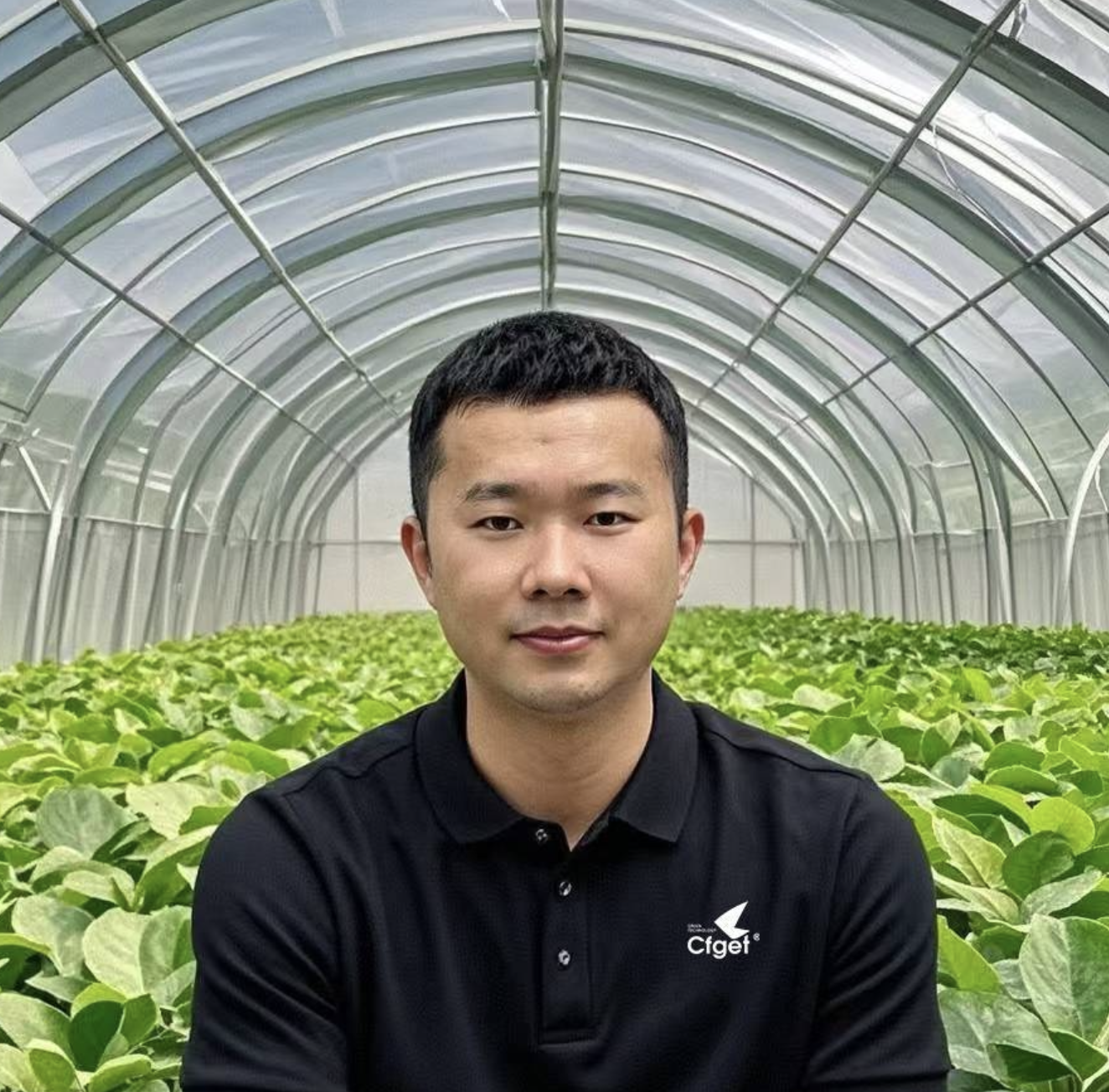In recent years, as people become more health-conscious, the demand for organic food has surged. At the same time, greenhouse organic farming has emerged as a major trend in the agricultural sector. The controlled environment inside greenhouses provides ideal conditions for growing organic crops while significantly reducing the use of chemical fertilizers and pesticides, ensuring the health and quality of the crops. In this article, we will explore the advantages of greenhouse organic farming and how to ensure soil quality and prevent chemical residue.

1. The Advantages of Greenhouse Organic Farming: Ideal Growing Conditions
Greenhouses provide a stable environment for crops, which is crucial for organic farming. Unlike open-field farming, where external weather conditions can be unpredictable, greenhouses allow precise control over temperature, humidity, and light, ensuring that crops grow in optimal conditions.
Inside a greenhouse, crops are protected from extreme weather conditions such as cold winters or excessive heat. The controlled environment ensures that crops can grow continuously without being affected by external factors. This leads to higher yields and better quality produce. Moreover, the risk of pests and diseases is minimized, as the enclosed environment can be easily monitored and managed.
Chengfei Greenhouses offers advanced climate control solutions that help farmers optimize the environment for crops, ensuring that they grow in the best conditions possible for maximum yield and quality.

2. Maintaining Soil Quality: Key to Healthy Crop Growth
Soil health is the foundation of successful organic farming. To ensure healthy crop growth, it is essential to maintain soil fertility and structure. There are several methods to keep soil healthy and avoid the depletion of nutrients.
Organic Fertilizers: Using organic fertilizers like compost, green manure, and animal manure provides essential nutrients to the soil. These fertilizers not only nourish the plants but also improve the soil structure, enhance its water retention, and promote microbial activity.
Crop Rotation: Rotating crops is another technique to maintain soil fertility. By alternating the types of crops planted in the same soil, farmers can prevent nutrient depletion and reduce the build-up of pests and diseases.
Cover Crops: Planting cover crops like legumes can help fix nitrogen in the soil, improving its fertility. These crops also reduce soil erosion and add organic matter, which enhances soil structure.
By maintaining soil health through these practices, greenhouse organic farming ensures that the soil remains fertile, allowing crops to thrive without the need for synthetic chemicals.

3. Preventing Chemical Residue: The Importance of Non-Chemical Pest and Disease Control
One of the main goals of organic farming is to avoid the use of synthetic pesticides and fertilizers. Instead, greenhouse organic farming relies on natural methods to manage pests and diseases, such as biological control, companion planting, and organic pest repellents.
Biological Control: This involves introducing natural predators, such as ladybugs or predatory mites, to control harmful insects. This method is effective in reducing pest populations without relying on chemical pesticides.
Companion Planting: Certain plants can be grown together to naturally repel pests or attract beneficial insects. For example, planting basil near tomatoes can help ward off aphids, while attracting pollinators to enhance crop yields.
Organic Pest Repellents: Organic pest control products, such as neem oil, diatomaceous earth, or garlic sprays, are used to deter pests without leaving harmful chemical residues.
By employing these organic pest and disease control methods, greenhouse farmers can avoid the use of harmful chemicals, ensuring that their crops are free of chemical residues and safe for consumption.
Welcome to have a further discussion with us.
Email: info@cfgreenhouse.com
#GreenhouseFarming #OrganicFarming #SoilHealth #ChemicalFree #SustainableAgriculture #EcoFriendlyFarming #GreenhouseAgriculture #OrganicPesticides #SustainableFarming
Post time: Dec-19-2024






 Click to Chat
Click to Chat